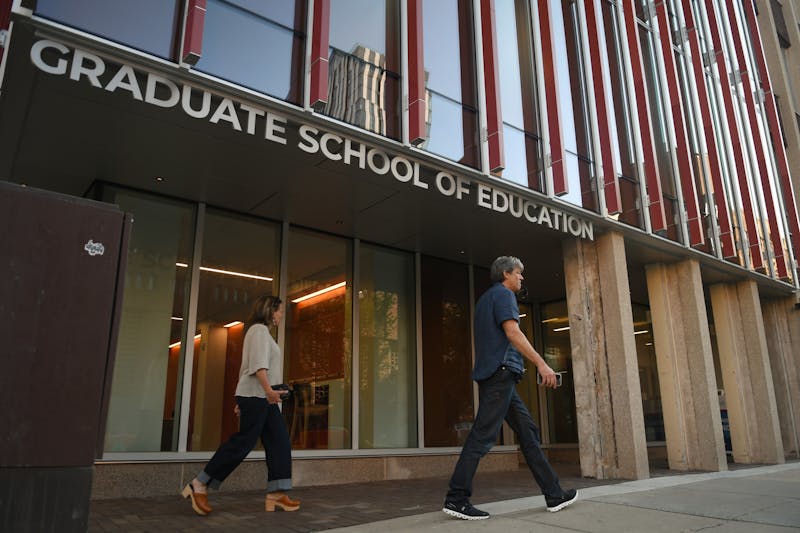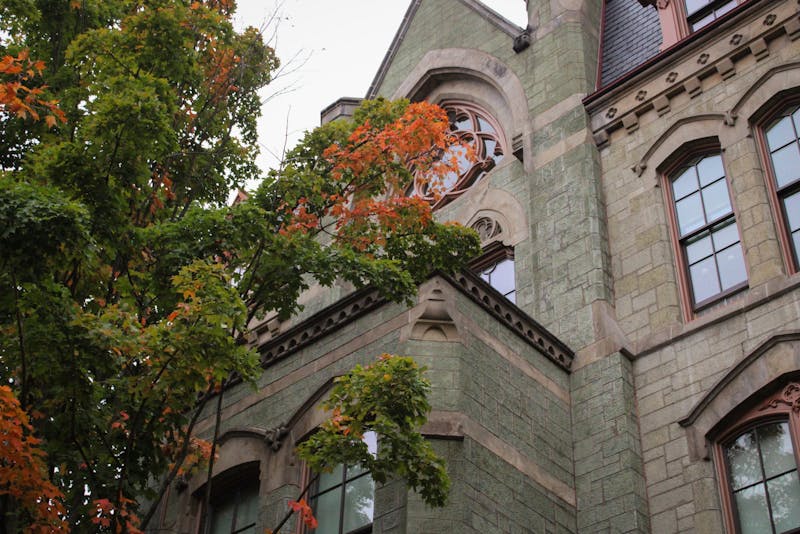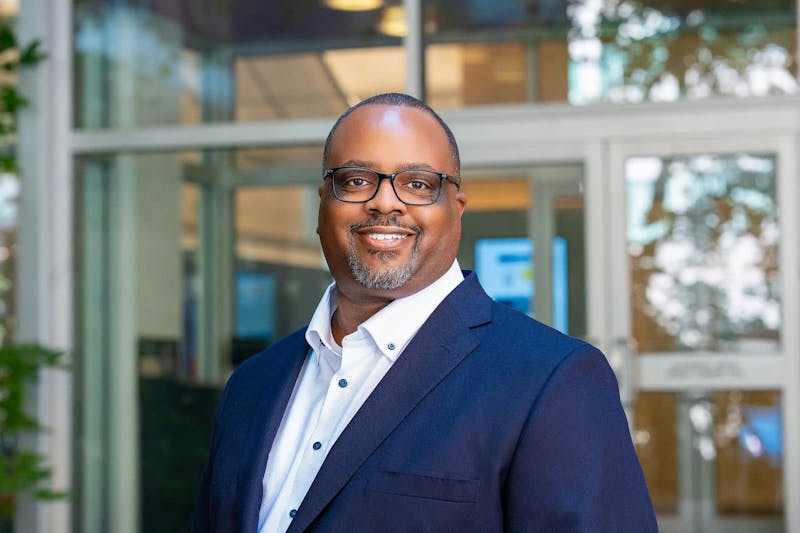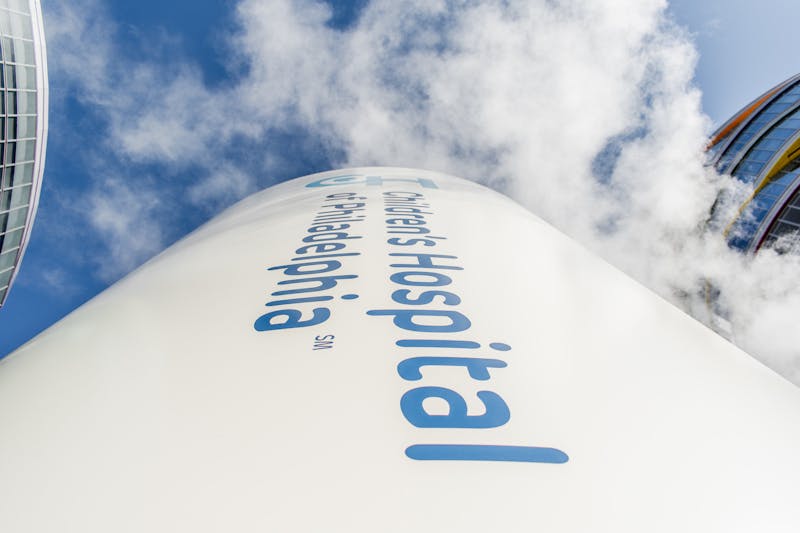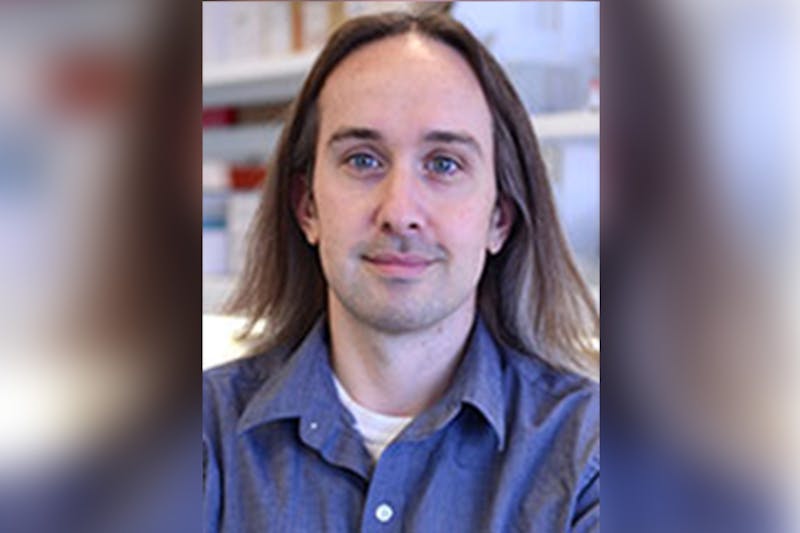
College and Engineering senior Om Gandhi was named a 2025 Rhodes Scholar on Nov. 16.
The Rhodes Scholarship funds graduate studies at Oxford University in England for around 100 students from around the world. Gandhi, who will pursue a a DPhil in oncology at Oxford, is one of 32 students selected for the scholarship from the United States this year.
Gandhi is concurrently pursuing a bachelor’s degree in neuroscience and public health and a master’s degree in bioengineering. In an interview with The Daily Pennsylvanian, Gandhi reflected on his healthcare experiences at Penn, emphasized the importance of listening to patients' stories to meet their needs, and shared his goals for increasing accessibility to cancer treatments while at Oxford.
Gandhi said that his work in policy and volunteering in Kensington while at Penn has greatly influenced his perspective. He noted that these experiences revealed the significant shortcomings in support systems for patients grappling with health challenges in the U.S.
“Cancer could have such a prolific impact outside of just a tumor itself. It could destroy communities, destroy families, push people to the brink of suicide, push people to the brink of addiction,” Gandhi said. “That's such a powerful story, and it's such a profound impact on my mission to drive the most amount of impact I could in healthcare."
Gandhi said that due to the combined factors of inefficiencies in the healthcare system and overworked staff, it is difficult for practicing doctors to take the time to listen to patients.
“The power of listening to people, listening and hearing their stories, and actually just amending the way we care for our patients, just by giving them the time to tell us their stories is something that is so missing in this healthcare ecosystem,” Gandhi said.
Outside of Penn, Gandhi runs a nonprofit addressing this issue by pairing high school and medical students with families of chronic disease patients, providing companionship and support. With over 200 volunteers and backing from Penn Neurology and the Palliative Care Program at Penn Medicine, the organization is studying the impact of integrating this support system into clinical care.
Currently, Gandhi’s nonprofit is active in the U.S. and India, two countries where healthcare is largely privatized. Gandhi said he is excited to continue his work in holistic medicine in the United Kingdom, where healthcare is fully provided through the government-run National Health Service.
“I think that'll be a really interesting environment to learn from, and how we can actually integrate some of this nonprofit service work, and how we can actually allocate resources to this nonprofit service work under a public healthcare system,” Gandhi said.
Gandhi has conducted extensive research at Penn, including developing a new treatment for pediatric neuroblastoma at the Children's Hospital of Philadelphia by weakening tumors, engineering stem and immune cells to better target cancer, and using machine learning to identify tumors for earlier cancer diagnosis. One of Gandhi's projects, which enhanced an existing drug, has received approval from the U.S. Food and Drug Administration.
Gandhi expressed gratitude for the mentorship he received from CHOP and Penn Med, crediting Penn's interdisciplinary major structure for shaping his mindset and approach.
At Oxford, Gandhi will continue his research, shifting focus from weakening tumors to advancing diagnostic methods and precise tumor targeting during treatment.
In addition to his research, Gandhi is a leader at Locust BioVentures, which translates Penn’s lab research into real-world applications. He is also active in the Wharton Undergraduate Healthcare Club, partnering with organizations like the American Cancer Society and the National Institutes of Health to offer hands-on projects for students. As editor-in-chief of the Penn Healthcare Review, Gandhi explores topics in biotech and healthcare. Beyond his professional pursuits, Gandhi serves on the leadership team of the Hindu-Jain Association.
At Oxford, Gandhi will be working in a lab and leading clinical studies in hospitals in London. He said he hopes to bring some of his nonprofit work into these hospitals to continue his holistic medicine philosophy.
After his Rhodes fellowship, Gandhi said hopes to return to the U.S. to complete his medical training and become a physician scientist, simultaneously innovating in the lab and making time to hear patients’ stories.
“I started off on this entire academic journey just asking questions to people like, ‘What's wrong, what's going on, what can I do to help?' Use what you've learned from asking those questions to drive an impact on what you're passionate about,” Gandhi said. “There's always ways we can make this world better. Every single person in this world has the tools to make a difference, no matter how big or small.”
The Daily Pennsylvanian is an independent, student-run newspaper. Please consider making a donation to support the coverage that shapes the University. Your generosity ensures a future of strong journalism at Penn.
Donate







